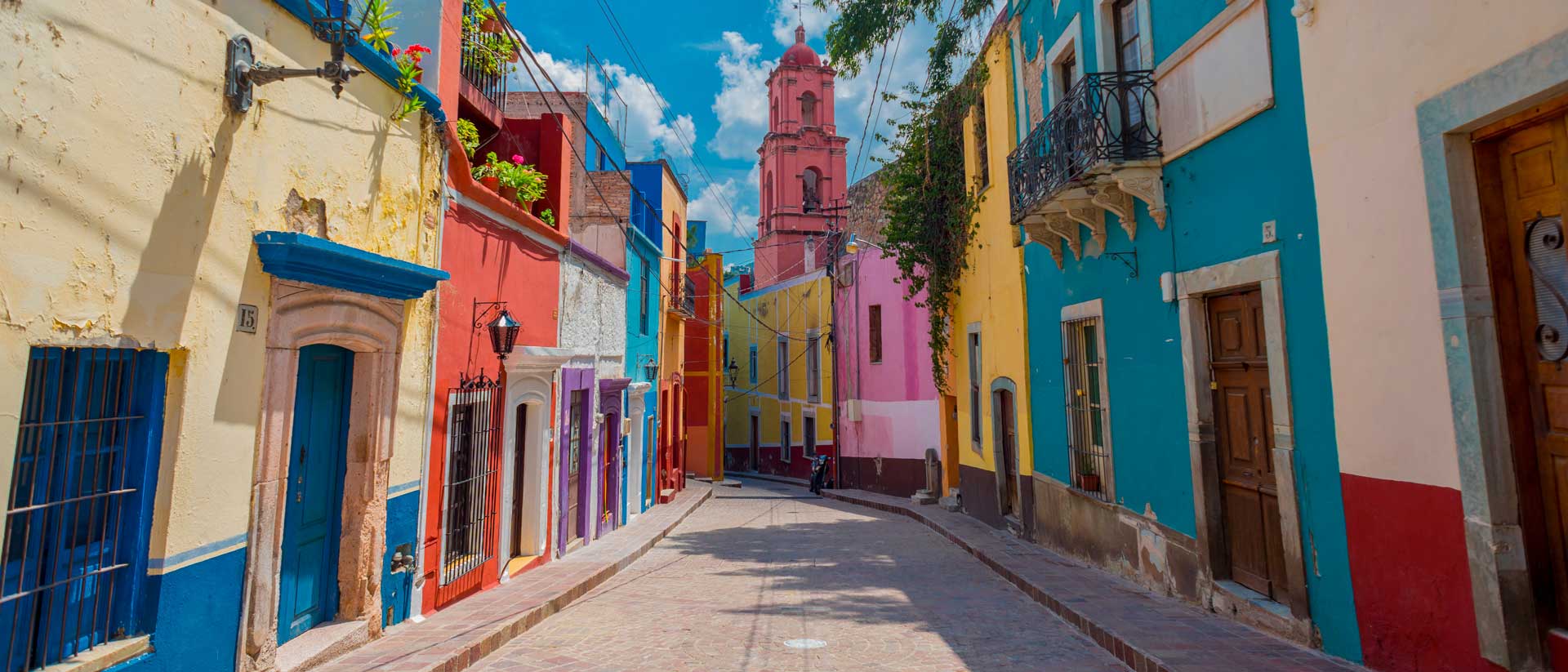- be_ixf; php_sdk; php_sdk_1.4.18
- 79 ms
- iy_2025; im_07; id_01; ih_18; imh_58; i_epoch:1.75142150447E+12
- ixf-compiler; ixf-compiler_1.0.0.0
- py_2025; pm_06; pd_10; ph_02; pmh_49; p_epoch:1.74954899915E+12
- link-block; link-block_link-block; bodystr
- pn_tstr:Tue Jun 10 02:49:59 PST 2025; pn_epoch:1.74954899915E+12
- 0 ms
- be_ixf; php_sdk; php_sdk_1.4.18
- https://sou.edu/academics/summer-language-institute/curriculum/
- https://sou.edu/academics/summer-language-institute/curriculum/

Spanish Curriculum and Courses
The Summer Language Institute and the MA in Spanish Language Teaching program has a unique curriculum designed to strengthen your language proficiency, teaching expertise and cultural understanding, and to maximize your potential as a language teacher. The curriculum includes:
- Core required courses in areas such as second language acquisition theory, assessment, and teaching for proficiency.
- Hispanic language and culture electives.
- Pedagogy courses which accompany each language or culture elective and focus on practical application of various pedagogical practices.
- For master’s candidates, a unique final Action Research project that develops reflective teaching practices.
- The descriptions below provide more details on our curriculum, and on each of these types of courses.
Syllabi are posted within individual course descriptions and at the bottom of this page each spring, as they are received and we prepare for the summer sessions.
Class Overview
The Summer Institute for Spanish Teachers offers you the opportunity to earn a Master of Arts in Spanish Language Teaching over three summers. Completion of the MA degree program requires a total of 48 quarter credits, primarily earned over five three-week summer sessions. You may earn up to 18 credits each summer (up to 9 credits in each three-week session).
See below for information about our courses and the breakdown of credits required for the MA degree. You may also view curriculum information and general course descriptions in the SOU catalog.
A Minimum of 16 Credits in Core Pedagogy Courses
Our core pedagogy courses are taught in English.
FL 511 – Second Language Acquisition: Theory and Practice (3 credits)
FL 512 – Teaching for Proficiency: Methods and Strategies (3 credits)
FL 513 – Second Language Assessment: Principles and Strategies (3 credits)
FL 514 – Action Research (3 credits)
FL 515 – Technology in the Classroom (3 credits)
- FL 515 is offered online during SOU’s winter term. It is typically taken by MA candidates between their first and second summers in the program.
FL 501 – Data Analysis (1 credit)
- FL 501 is offered online in a five-week session during SOU’s spring term. It is taken by MA candidates immediately prior to the summer in which they would take FL 514.
A Minimum of 28 Elective Credits in Hispanic Language and Culture
Our elective courses are taught in Spanish and vary each summer, providing students with a variety of options. They are designed to build students’ linguistic and cultural knowledge and enhance their pedagogical skills.
Each of these 3-credit courses is accompanied by a 2-credit SPAN 516 pedagogy course.
The following are our rotating elective subject areas, with examples of topics courses taught in recent years.
SPAN 520 – Topics in Spanish or Latin American Film
- Diversity in Latin America: Race and Gender in Hispanic Film and Video, paired with: Implementation of Authentic Video in the Spanish Language Classroom: Theory and Practice
- Emotional People: Compassion, Indignation, and Anxiety in Latin American Film, paired with: Writing about Emotions and their Representations in the Spanish Classroom
- “Growing Up” in Latin American Contemporary Films, paired with: On Teaching Coming-of-Age Narratives in the Spanish Classroom
SPAN 521 – Selected Genre or Historical Period Studies
- Spanish Theater and Society, paired with: Theatre in Language Teaching
SPAN 522 – Major Literary Figures
- Literature and Culture in the AP Literature Class, paired with: The Role of Classroom Discourse in L2 Teaching & Learning
- Don Quixote and the Modern World, paired with: Don Quixote, an Old Superhero for the New Generations
SPAN 525 – Topics in Contemporary Hispanic Literature and Society
- Cortos pero Grandes: Contemporary Short Stories and Films of Mexico, paired with: Incorporating Literature, Film and Culture in Spanish Teaching
SPAN 532 – Communicative Grammar
- Paired with: Teaching Grammar in Context
SPAN 541 – Topics in Hispanic Culture
- Art and Architecture of Latin America, paired with: Incorporating Art in Language Teaching
- Conquistadors, Convents and Golden Cups of Chocolate: The Gastronomical Relationship Between Spain and Mexico, paired with: Eat Your Words: A Culinary Approach to Teaching Culture and Language
- La Locura en América Latina, paired with: Bringing Place-Based Education Into the Spanish Classroom
- Technology and Resistance in the Post-NAFTA Mexican Nations, paired with: Bringing Chicanx and U.S. Latinx Culture into the Classroom
- Tourism and National Identity in Mexico, paired with: Digital Tourism in the L2 Classroom
- Youth in Latin American/Mexican Culture, paired with: Issues of Diversity in the L2 Classroom
- Latin American Music in Context: The Experience of Listening, paired with: Music in the Spanish Language Classroom
- Afro-Hispanic Identity: Race, Nation, and the American African Diaspora, paired with: Teaching for Social Justice in the Spanish Language Classroom
- The Myth of Mestizaje in Postrevolutionary Mexico, paired with: Teaching Mexican and Guanajuatense Legends: Beyond Día de los Muertos
SPAN 581 – Topics in Theoretical and Applied Spanish Linguistics
- Bilingualism, paired with: Multilingualism and Task-Based Language Teaching
- Technology and Intercultural Communication, paired with: Hybrid/Flipped Classroom
- Bilingualism in the Spanish Speaking World, paired with: Issues in Second Language Writing
- Spanish in the U.S., paired with: Methods for Heritage Language Learners
- Introduction to Hispanic Linguistics, paired with: Applied Linguistics in the Spanish Language Classroom
- Spanish Phonetics, paired with: How to Teach Pronunciation
- Spanish Pragmatics, paired with: Teaching Spanish Pragmatics
- Implicit and Explicit L2 Language Learning, paired with: Processing Instruction: A Focus on Form Approach to Teaching L2 Grammar
- Spanish Sociolinguistics, paired with: Enacting Multiliteracies Pedagogy in the World Language Classroom
SPAN 582 – Topics in Writing and Translation
- Translation and Cultural Encounters in Latin Lamerica, paired with: Cultural Encounters in the Spanish Classroom
We also offer the following optional courses. No more than three credits of these may count toward fulfillment of the 48 credits required for graduation. Please note: students who are accepted into the program with an ACTFL oral proficiency level of Intermediate High (IH) are REQUIRED to take these classes each session until they test at the Advanced Low (AL) proficiency level.
- SPAN 510 – Advanced Spanish Conversation (1 credit)
- SPAN 511 – Advanced Spanish Grammar (1 credit)
A Minimum of 4 Credits Action Research Project - Development and Presentation:
SPAN 503 – Thesis (1 credit, repeated)
SPAN 504 – Action Research Presentation (1 credit)
- Culmination of Action Research conducted in the student’s classroom. Consists of a presentation to faculty and students of the final version of the paper, which will also be submitted for digital storage in the library. The final written project must be approved before being presented to faculty and students.
If you are a master’s candidate, you will conduct an action research project with your own students/at your own school during the school year prior to your final summer in the SLI program, and will write a 30-40 page paper (with a bibliography and appendices) documenting the project. The action research project, presentation and paper take the place of a traditional thesis paper, and are graded based on the AR Project Rubric and the AR Presentation Rubric.
Students take the FL 514 Action Research class during the second summer. While working on their Action Research Project during the following school year, they must enroll for 1 credit of SPAN 503 per term (fall, winter, spring). Then, during their final summer, they must register for 1 credit of SPAN 504 in order to present their Action Research project.
Students who do not finish the Action Research project must register for 1 credit of SPAN 503 each term that they continue working on the project, until it is completed. If the Action Research project has not been completed after three years, FL 514 must be retaken.
Achieve Your Undergraduate Degree at SOU
Contact the Summer Language Institute
SOU Summer Language Institute Program
1250 Siskiyou Blvd.
Ashland, OR 97520
Spanish: 541.552.6743
– Questions About Summer Language Institute? –
